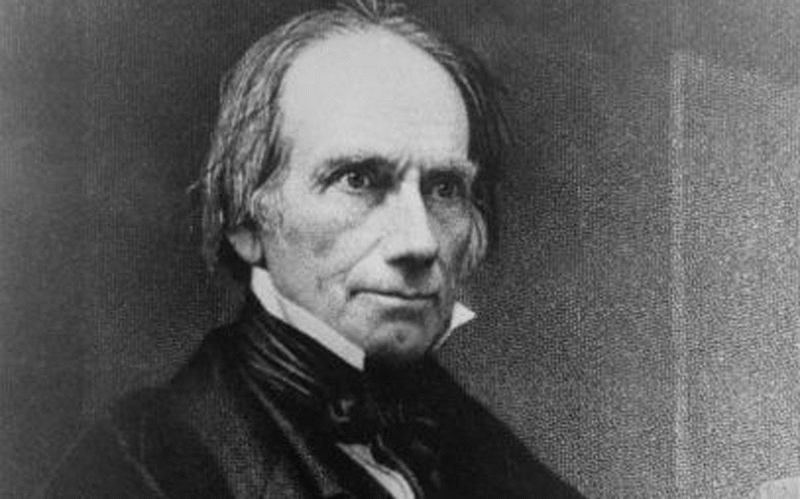
PICTURE a glass of beer; that may well be a refreshing sight for some – indeed some might even be moved to go to the fridge at the very mention! Alternatively picture a cup of cappuccino. Both are inviting, no doubt welcome and appealing, while both have certain similarities.
There on the top of both is a ‘head’, a froth that first reaches the lips. It is what is seen, and indeed tasted, first – and it should be added, it is what leaves a mark on the imbiber’s lips! A further feature though is that with one breath all that froth can be blown away! What is more, we will travel far and wide to find anyone who buys the beer or the cappuccino for the froth on the top; that is not the prized product!
The pictures described above may well also be a helpful picture of schools, with the froth being the school spirit and the body being the school soul. More specifically though, the pictures described above may well also be a helpful picture of the people we meet. The froth may well be a picture of people’s personality while the body of the drink is their character.
The ‘head’ provides a good look, a pleasing finishing touch, but it is not what people are about. And in a similar manner, the school spirit or the personality of an individual may easily be blown away by the faintest breath of difficulty.
In the early nineteenth century the writer Henry Clay commented that “of all the properties which belong to honourable men, not one is so highly prized as that of character.” Character is what is needed, not personality.
However, even there, we may need to be careful. If we describe someone in the following terms, “He is quite a character”, we might be saying he is humorous, or maybe just different; if on the other hand we change it slightly and say, “He has quite a character”, we may be identifying there is more depth to him.
In reference to a different contrast to character, John Wooden, the celebrated and highly successful US college basketball coach, said: “Be more concerned with your character than your reputation, because your character is what you really are, while your reputation is merely what others think you are.”
Reputation is here the froth and a lot of people’s, team’s or schools’ reputations are just that – froth, which at the slightest sign of danger, difficulty or damage is blown away. It is character that we want; character is what remains when the top is blown away.
- Muzarabani eager for Chevrons to qualify for Australia 2022
- Too young to marry: The secret world of child brides
- Raza opens up on career threatening cancer scare
- New law answers exhumations and reburials question in Zim
Keep Reading
Indeed, everyone in education, including sports coaches, should be aware of, employing as well as developing in every child, the five Cs of twenty-first century learning, these being critical thinking, creativity, communication, collaboration and, yes, character, which in truth is the culmination of the other four Cs. Character is what universities want; character is what employers want; character is what sports coaches want (remember the mantra “A better person makes a better player”). And character, like the body of the drink, is found not in frothy, jingoistic, loud noises and claims but deeply embedded in consistent values based on moral qualities, making honourable men.
The question is: how does one gain character? How is it to be a learning skill? As Wooden stated above, it is “who we are”. It is who we are in all circumstances. It is who we are in the rough and the tough when enough might not appear to be enough. It is when who we are in the good times matches who we are in the bad.
It is who we are when we win as well as when we lose. It is why sport in schools is so important, as that is where we can be tested. Sports trials seek to establish how players will respond at higher levels; academic tests and examinations show how much has been understood and grasped. Just as Test Match cricket (over five days, as opposed to the quick, short, instant, “smash-‘em-hard” T20 or ODI matches) tests how we react to different situations over a long period of time, so all forms of trials and tests help us in terms of our character. We should be glad to have them! Scoff at the froth and hanker for character!
We would be inclined to say that such situations build character but once again John Wooden argues that “sports do not build character” but “They reveal it.” In the pressure pot, we see what the person is really like.
So we should not keep our children from difficulties, injustice, pressure or such like; it is through such testing that we and they will discover what their character really is, who they really are. So, bring it on! And to that we can simply add one word: cheers!











